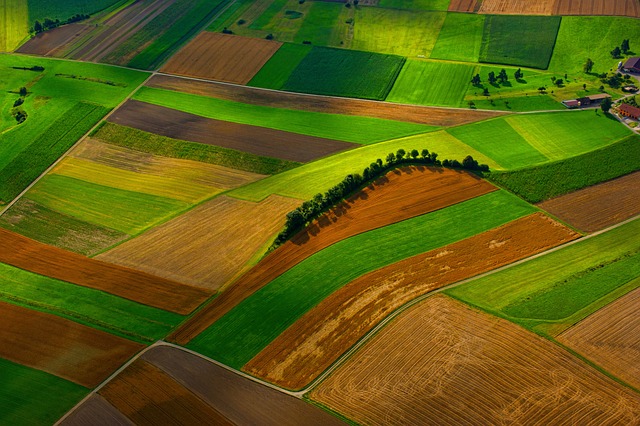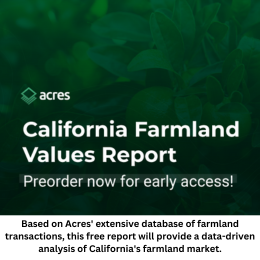November 9, 2017
Global fertilizer, crop nutrition, and production tech group Yara International has acquired Agronomic Technology Corp. (ATC), a leading fertilizer recommendation platform and modeling company, for an undisclosed amount.
Founded in 2013 and with locations in both New York and Silicon Valley, ATC is the company behind Adapt-N, a professional fertilizer recommendation platform that leverages cloud technology, multi-variable crop modelling, more than a decade of university research, weather, field data, and on-farm testing to give agronomists and growers fertilizer prescriptions on a field-by-field basis. Together with the company’s N-Insight product, ATC provides nitrogen management services to ensure in-field performance.
Based in Norway and founded in 1905 with an initial mission of alleviating famine in Europe, Yara has grown into a global developer of industrial and environmental solutions that include fertilizers and crop nutrition products designed to increase yields and improve quality. Listed on the Oslo Stock Exchange, the company posted revenue last year of US$11.7 billion.
For Yara, the acquisition of ATC will accelerate its investment strategy in digital farming, and will provide a complimentary addition to the company.
“We are impressed with the accuracy and quality of Adapt-N’s recommendations compared to other products in the market, and are excited about the opportunities that arise from combining the highly complementary digital solutions of the two companies,” said Stefan Fürnsinn, senior vice president, digital farming, Yara.
For ATC, which already has a strong position in the corn segment, the tie-in with Yara will give it the steam to expand into other crops and new geographies, given Yara’s global network and footprint.
“Our team is excited about Yara’s digital solutions and the company’s genuine commitment to helping farmers improve their financial and environmental performance,” said Steve Sibulkin, CEO, ATC. “Joining our advanced technology and data-driven capabilities with a leading crop nutrition company like Yara provides a tremendous opportunity to scale globally, innovate across a wider product portfolio and crop base, and maintain focus on the success and sustainability of all farmers and those who serve them.”
The Promise of Precision
After years of bumper crops and significantly lower commodity prices have caused farmers’ margins to disappear, the promise that digital ag platforms can provide farmers with higher returns per acre is an attractive offer, and one that larger multi-nationals are looking to capitalize upon.
The most notable such deal occurred in October 2013 when Monsanto acquired The Climate Corp. for $930 million. The deal expanded its Integrated Farming Systems for Monsanto, which at the time, stated that data science, “represents the agriculture sector’s next major breakthrough.”
Later, in May of this year, The Climate Corp. itself announced that it was further strengthening its position in the digital space, when it agreed to acquire Denver, Colorado-based HydroBio – a digital platform that uses a combination of satellite imagery, soil data, and hyper-local weather data to provide insights to farmers regarding irrigation and the efficient use of water through the company’s data-driven irrigation management platform.
A more recent example occurred in August of this year when DuPont Pioneer acquired digital farm management platform startup Granular in a deal reported to be valued at $300 million.
Although digital and precision ag companies account for the largest portion of agtech deals by numbers, according to Arama Kukutai, co-founder and partner at Finistere Ventures, he acknowledged that the rate of farmer adoption remains to be seen, and notes in a piece published in GAI News in April 2016 that the benefits must be clear.
“…be it irrigation, on-farm automation or fertilizer application—it is paramount to demonstrate economic utility, as well as improved functionality or ease of use,” notes Kukutai. “Whether it is time and efficiency created through automation, access to mobile platforms that can be used in the field, or ubiquitous data access, improved functionality is a key feature of precision Ag for the farmer.”
-Lynda Kiernan

Let GAI News inform your engagement in the agriculture sector.
GAI News provides crucial and timely news and insight to help you stay ahead of critical agricultural trends through free delivery of two weekly newsletters, Ag Investing Weekly and AgTech Intel.




